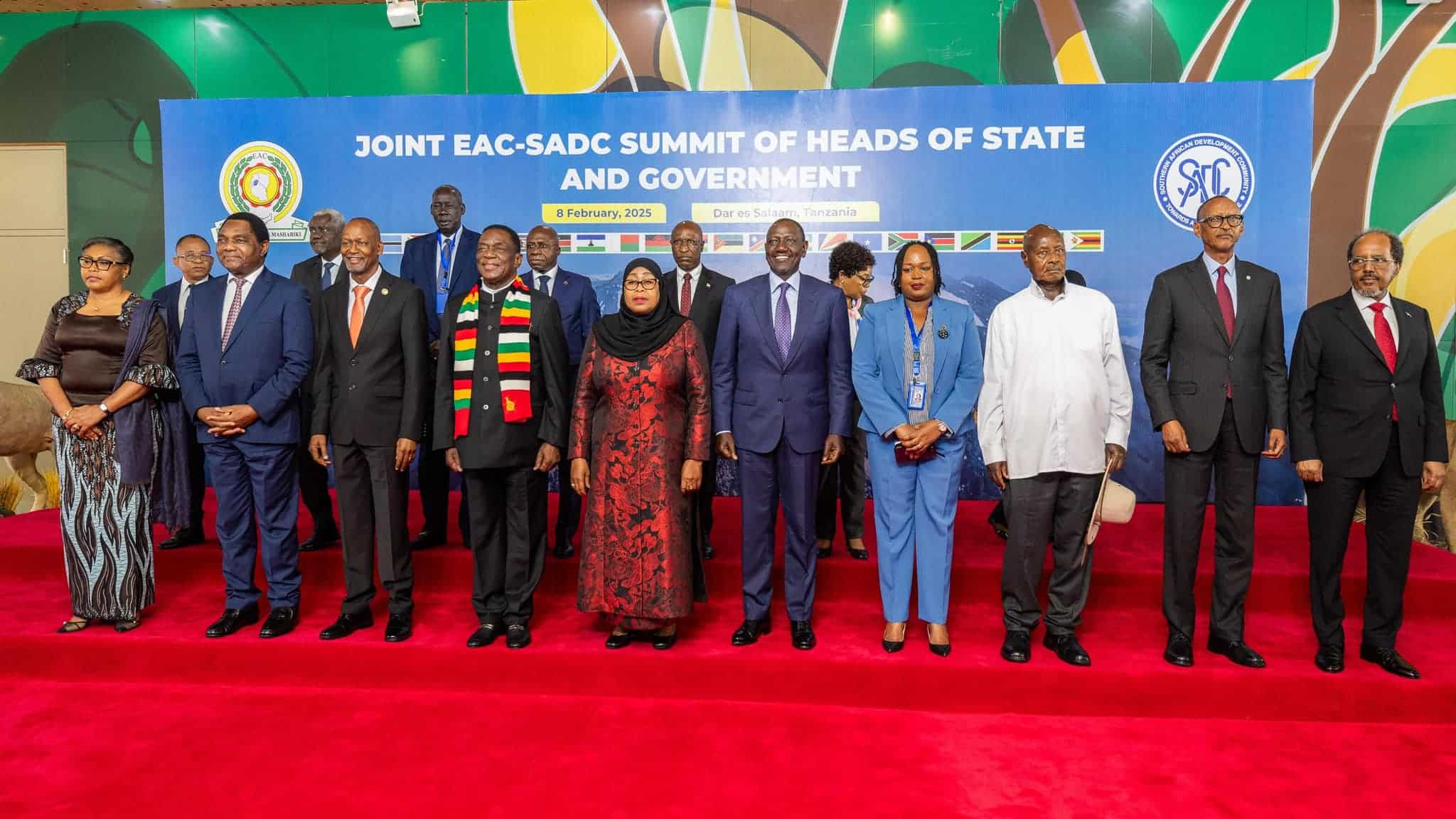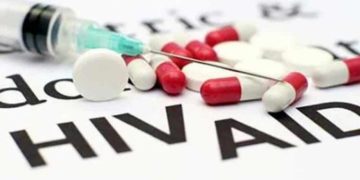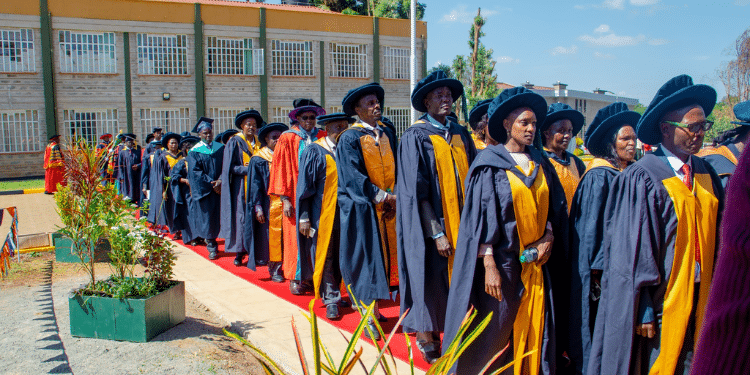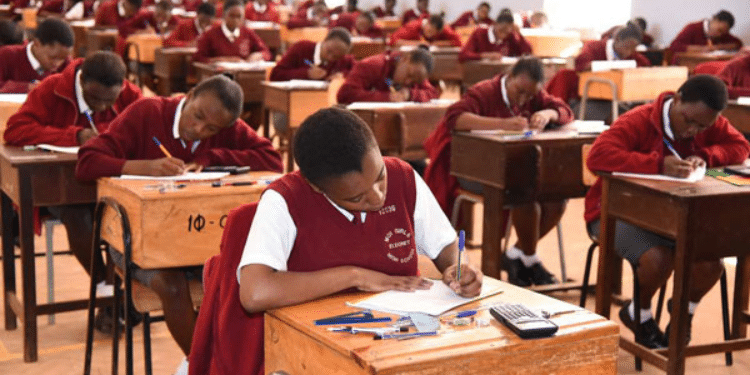20,000 households in Kenya will benefit from a cash transfer initiative launched by the World Bank, aimed at reducing teenage pregnancies in the country.
The program will offer financial support to disadvantaged families to encourage education, with a condition that adolescents must remain in or return to school.
Dubbed the Cash-plus Program, the project will benefit 20,000 low-income households and will be implemented in partnership with the government’s Inua Jamii National Safety Net Programme (NSNP).
Success, as defined by the World Bank, will be measured by the additional years of schooling or the re-enrollment of school dropouts.
However, for adolescents who are unable or unwilling to return to formal education, the program will provide vocational skills training as an alternative.

Also Read: World Bank Downgrades Kenya’s 2024 Growth Estimate
Additional Support Offered by World Bank Under the Initiative
In addition to financial support, the program will offer a range of services designed to address the bigger challenges faced during adolescence.
The program will offer social and behavioural change Initiatives where parents and communities will be engaged to foster a more supportive environment.
The program will also offer case management and psychosocial support by providing assistance to young mothers and other vulnerable adolescents.
Life skills training and mentorship will also be provided by building resilience and encouraging positive peer relationships. On the other hand, Kenyans will also receive childcare support by assisting school-going teenage mothers by easing childcare responsibilities.
Also Read: Govt Announces Lucrative Vacancies for World Bank Youth Program; How to Apply
Concerns Raised Over the Funding
This initiative comes in response to the high rate of school dropouts among adolescents aged 10–19, driven largely by early marriages and teenage pregnancies.
Although the number of pregnant adolescents dropped by 1.9% in 2023 to 253,314, the figures remain concerning.
However, some critics have argued that incentivizing children to attend school diminishes the intrinsic value of education and risks commercializing the learning process.
The World Bank aims to counter financial pressures that often drive adolescents into child labour or early marriages, leaving them with no choice but to abandon their education.
Follow our WhatsApp Channel and join our WhatsApp Group for real-time news updates.




![Debate Rages Over Proposed Increase In Legal Drinking Age [Video] Nacada Raises Legal Drinking Age From 18 To 21]( https://thekenyatimescdn-ese7d3e7ghdnbfa9.z01.azurefd.net/prodimages/uploads/2025/07/beer-360x180.jpg)



































































![Debate Rages Over Proposed Increase In Legal Drinking Age [Video] Nacada Raises Legal Drinking Age From 18 To 21]( https://thekenyatimescdn-ese7d3e7ghdnbfa9.z01.azurefd.net/prodimages/uploads/2025/07/beer-120x86.jpg)